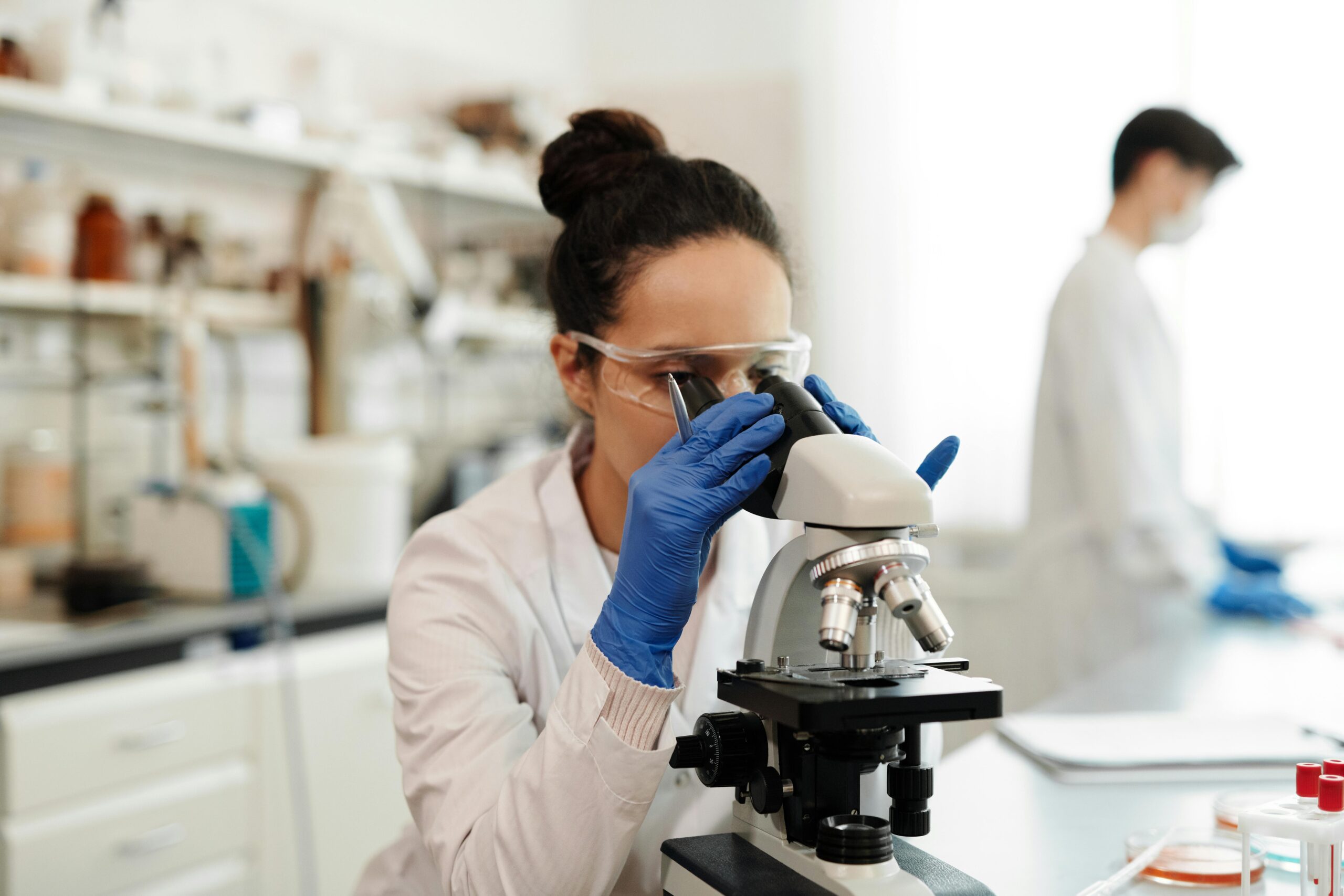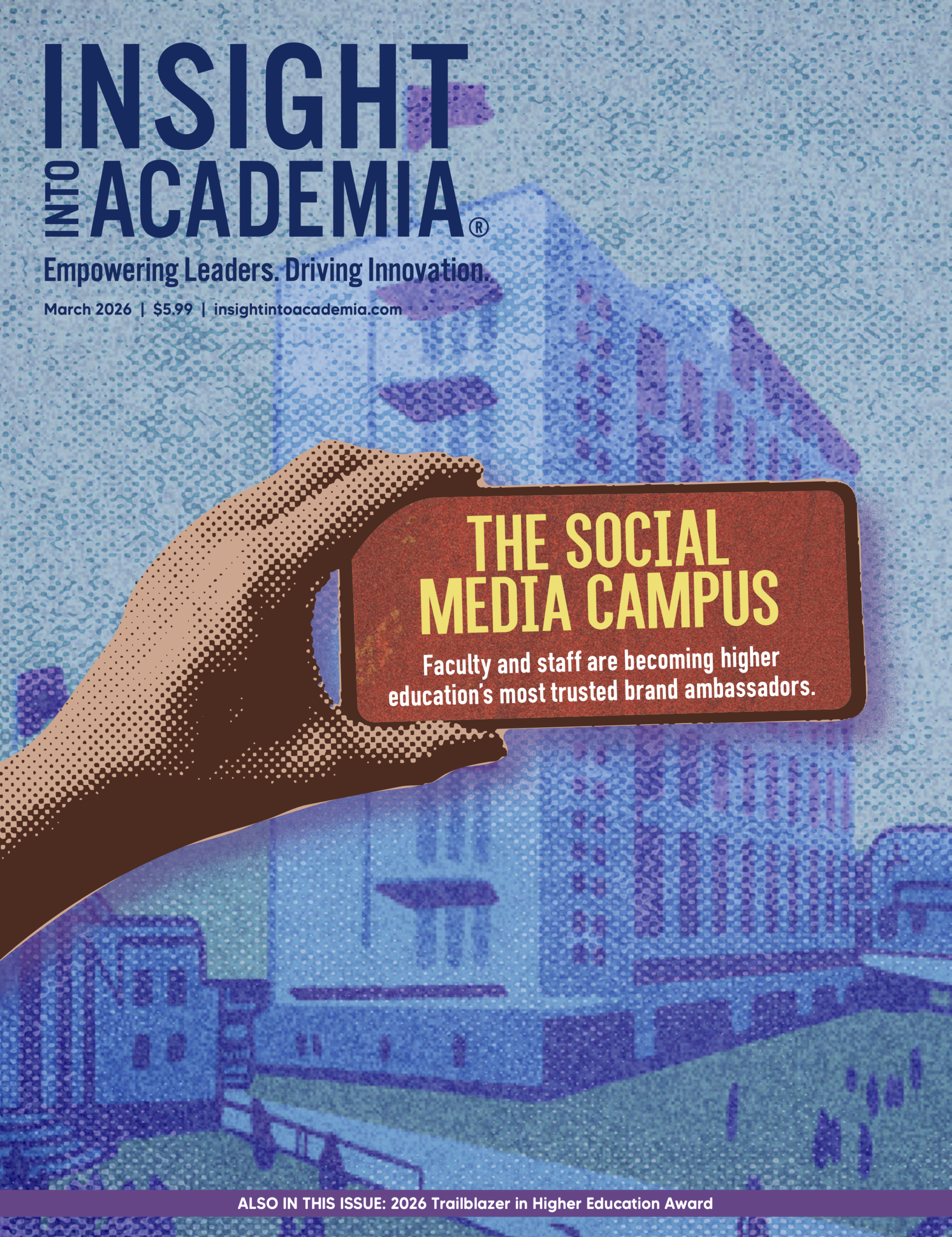In a groundbreaking move that could redefine women’s health research, the University of Pittsburgh is harnessing the power of artificial intelligence to close the gender gap in medicine once and for all. Announced in December of 2024, the university’s School of Medicine has launched the Vijayalakshmi Innovation Center in Women’s Health Analytics and Research (VIHAR), a global initiative that aims to revolutionize how researchers address disparities in women’s health by harnessing the power of AI.
Funded by a philanthropic gift from siblings Vishnu Vardhan and Harsha Vardhini—co-founders of Vizzhy Inc., a health care AI company—the center is named in honor of their mother, whose pregnancy complications underscored the urgent need for more inclusive research. VIHAR is also supported by the School of Medicine’s own investment and will be housed in the Department of Biomedical Informatics, which has a long history of pioneering international-scale biomedical research.
“VIHAR will directly address [gender gaps] by coalescing communities of researchers and developing innovative AI tools for efficient analyses,” said Anantha Shekhar, Pitt’s senior vice chancellor for the health sciences and John and Gertrude Petersen Dean of the School of Medicine, in a statement published by Pittwire, the university’s official news source.
Tackling Decades of Gender Disparities in Medicine
For decades, women have been underrepresented in clinical trials, often leading to delayed diagnoses, misdiagnoses, and less effective treatments—especially with regard to conditions such as cardiovascular disease, autoimmune disorders, and reproductive health issues. Pitt’s new initiative aims to course-correct this imbalance by using machine learning to analyze massive and diverse biomedical datasets.
“VIHAR will model the health trajectories of women and girls across every stage of life, capturing the richness of diverse ethnicities, environments, cultural and social contexts,” said Vanathi Gopalakrishnan, associate professor of biomedical informatics and founding director of VIHAR, according to Pittwire. “This will elevate precision medicine to new inclusive heights. The opportunities are limitless.”
Gopalakrishnan’s research focuses on using large-scale data to explore global women’s health disparities, including maternal mortality and other preventable causes of death. Through VIHAR, her team plans to create “female digital health twins” using AI and mobile applications to simulate and optimize prevention and treatment strategies tailored to girls and women around the world.
A New Frontier for AI in Women’s Health
By analyzing data from electronic health records, clinical trials, and genetic research, VIHAR’s machine learning models can help uncover hidden patterns and identify new risk factors. The technology offers potential breakthroughs in early detection and personalized treatments, while also ensuring that findings reflect the broad spectrum of female patient experiences.
As originally reported in Pittwire, VIHAR also plans to develop training programs for pre- and post-doctoral researchers in advanced health analytics and collaborate with global partners, including the World Health Organization and the Women’s Health and Education Center.
“The University of Pittsburgh is extremely proud of our distinction as a national leader in community engagement as well as our important responsibility to lean into our unique skill set and expertise to improve health outcomes for our community and beyond,” said Pitt Chancellor Joan Gabel. “I want to thank Vishnu and Harsha for their incredible generosity, and I look forward to all the possibilities that VIHAR presents to ensure countless women live healthier and happier lives.”
Ethical and Practical Considerations
While the promise of AI in health care is vast, so are the ethical considerations. Researchers must contend with issues of data privacy, algorithmic bias, and the transparency of machine learning models. Critics warn that if AI tools are trained on biased or incomplete data, they could unintentionally reinforce existing inequities rather than solve them.
To address this, VIHAR emphasizes a commitment to ethical oversight and inclusivity in its research methods.
“With VIHAR, we won’t just monitor and measure—we’ll transform,” Gopalakrishnan said. “We’ll be able to clearly track how women’s biological health and overall well-being improves worldwide.”
As AI continues to reshape the future of medicine, Pitt’s initiative offers a model for how cutting-edge technology and global collaboration can advance equity in health outcomes. If successful, VIHAR could redefine how medical science approaches women’s health—making a future of inclusive, precise, and effective care not just a possibility, but a reality.

















